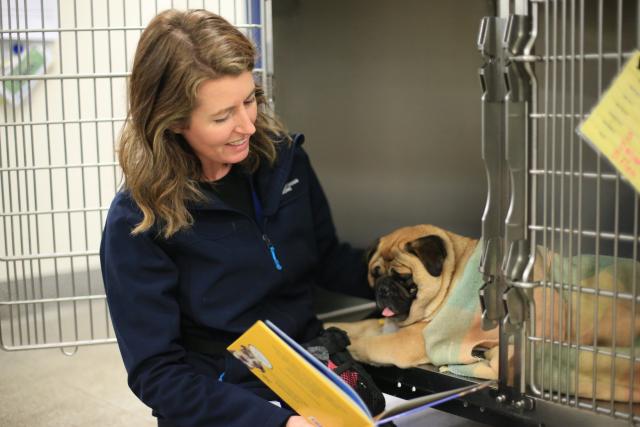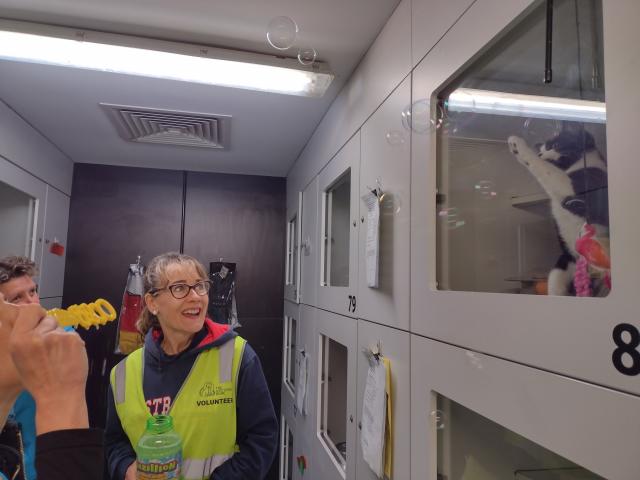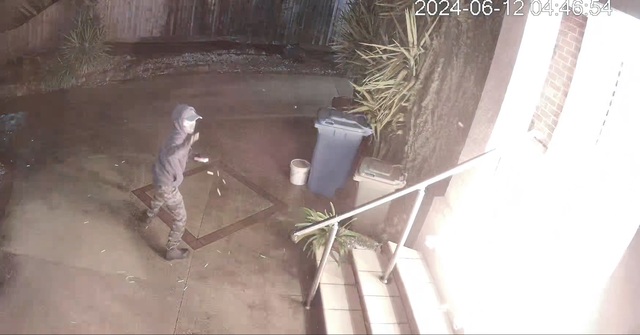The Lost Dogs’ Home are hoping to roll out a new program at their Cranbourne shelter, giving dogs and cats additional enrichment.
Animals at North Melbourne’s The Lost Dogs’ Home are already experiencing a whole new way of life at the shelter with the Extra TLC for Pets program.
A team of 25 dedicated volunteers are transforming the experience for the 15,000 animals that come into The Lost Dogs’ Home’s care every year.
Walking around the North Melbourne shelter, volunteers can be seen reading books to dogs, blowing bubbles at cats and participating in cuddle time inside the animals’ pens for those animals that are a little bit more worried about their environment.
The Home’s spokesperson Suzana Talevski said the Extra TLC program provides additional enrichment for the animals beyond walks, toys, Kongs, pats and the general love and attention they receive each day.
‘’We are already seeing such an improvement in the stress levels of some of our animals who find it tough in a shelter environment,“ she said,
“It really is all about contributing to the overall well-being of the animals during their time with us at the shelter.“
George the four-year-old pug was found with fractured teeth, lost on the streets.
He was struggling adjusting to shelter life while the vet team performed numerous surgeries to get him back to his best self.
The Lost Dogs’ Home team said the Extra TLC program was crucial in helping George struggle with anxiety and stress.
It was said he enjoys story time and cuddle time the best, as well as drifting off to calming music.
Further enrichment activities for dogs, cats and rabbits include bubble blowing, spraying scented water, sounding wind chimes, providing flavoured ice cubes and playing calming music.
‘’It’s really exciting to see more animals exhibiting relaxed body postures, a calm demeanour, normal sleep patterns, and interest in appropriate social interaction following the 6 month trial of the Extra TLC for Pets program,’’ said Ms Talevski.
‘’We have also seen a reduction of behaviours that indicate stress, fear or boredom such as reactive or boredom barking, destructive chewing, stereotypical action patterns like spinning or circling in dogs and hiding and aggressive displays in cats.’’
Following the successful trail at the North Melbourne shelter, the Home is hoping to roll out the program at its Cranbourne shelter.


















